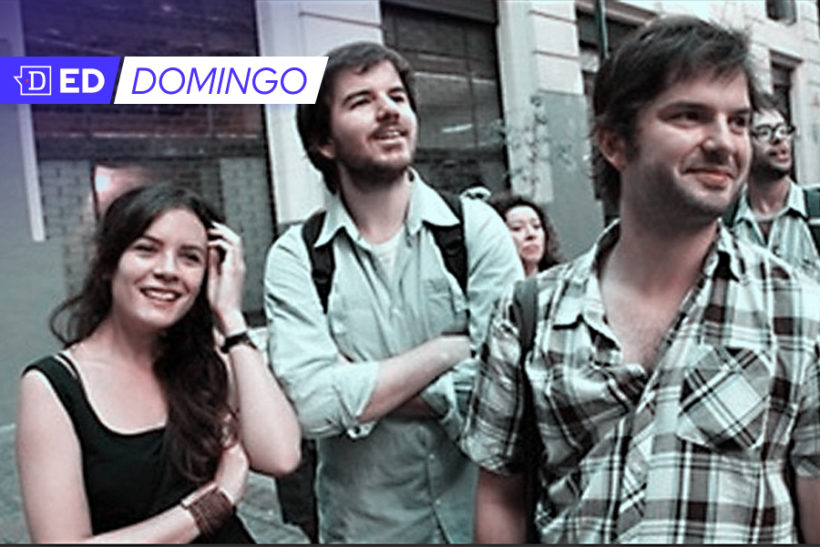The young people who mobilised on 18-O have given new hope to society. They were able to bring together a large majority of people who had previously been absent from political life. They are those who are now in government and those who have drafted the new constitution. The replacement generation offers hope for a better life for our society.
We are experiencing a remarkable political change. Citizens are turning away from the subsidiary state and traditional politicians and handing over the reins of the country to a new generation. Led by Boric, it announces a commitment to put an end to the dark period that for 40 years violated the economic, social and political rights of the majority. A new government and the end of the 1980s Constitution are the benchmarks for promoting transformations in favour of justice and equality.
The popular explosion of 18-O showed that the transition from military rule to democracy has been profoundly unsatisfactory. The majority of society no longer believes that growth and welfarism – the programmatic foundations of the Concertación and the right – are the solution to the country’s ills, nor that the current political institutions are the paradigm of citizen representation.
The 30-year political cycle of the parties and leaders of the centre-left is exhausted. A large part of the generation that governed with Salvador Allende and carried out the transition from dictatorship to democracy did not have the will to put an end to neoliberalism, accepting injustices, inequalities and even corruption.
The 30-peso hike was just the trigger that unleashed uncontainable anger against a system that enriched 10% and turned the lives of 90% of the Chilean family into a daily tragedy.
First it was the high school students and then the university students who ignited the spark of the transformations. A shattered public education system and an unbearable CAE led to mobilisations in favour of free and dignified education. These protests quickly spread to feminist, indigenous, environmental and regionalist demands, against the AFP and for decent health care.
Determined young people, supported by “old young people”, built a bloc for change, which laid the foundations for ending the Pinochet-Guzmán Constitution and later allowed the triumph of Apruebo Dignidad, with Boric as President.
Growth as the main argument of the transition lost legitimacy. It forgot the issues of greatest concern to citizens: unionisation of workers; income inequalities; education, health and decent pensions; industrialisation of natural resources; defence of consumers and SMEs; the rights of indigenous peoples; a state that defends the weak; and a Latin Americanist international policy. Of course, new issues are now also present, which feed the proposal for transformations: feminism, environmentalism and regionalisation.
Citizens believed the new generation and committed themselves to its two founding initiatives: the Boric government and the new Constitution (NC). Both aim to build a more decent, just and egalitarian country. The road is not strewn with roses, just as Allende’s was not.
Indeed, big business is resisting the changes, while the right wing does not agree to diminish its positions of power. Nor do the changes please the “centre-left” senators, who fear, with the NC, the loss of their positions. And, by the way, the conservative press, as always, supports the powerful. The Party of Order is therefore an enemy of the Boric government and also of the Constitutional Convention (CC).
The Party of Order fears the loss of its privileges. It hurts the economic groups that their extraordinary profits are becoming normal.
The political class, right-wing and “centre-left”, is uncomfortable with women’s equal rights, with young people making decisions and, above all, with the marginalised being represented in the institutions of the Republic. This explains why the CC and the government are harshly attacked by the economic groups, the establishment media and a centre-left that has turned yellow.
The rebellion of 18 October, and then the peace agreement of 15 November, were a challenge to the inequalities and abuses of the economic model and also to the lack of citizen participation in the political system.
Life in the country has changed. The young people, who jumped the turnstiles of the Metro and mobilised on 18-O, have given new hope to society. They were able to bring together a large majority of people who had previously been absent from political life. They are the ones who are now in the new government and who have drafted the new constitution. The replacement generation has been fundamental to political democratisation and offers hope for a better life for our society.






